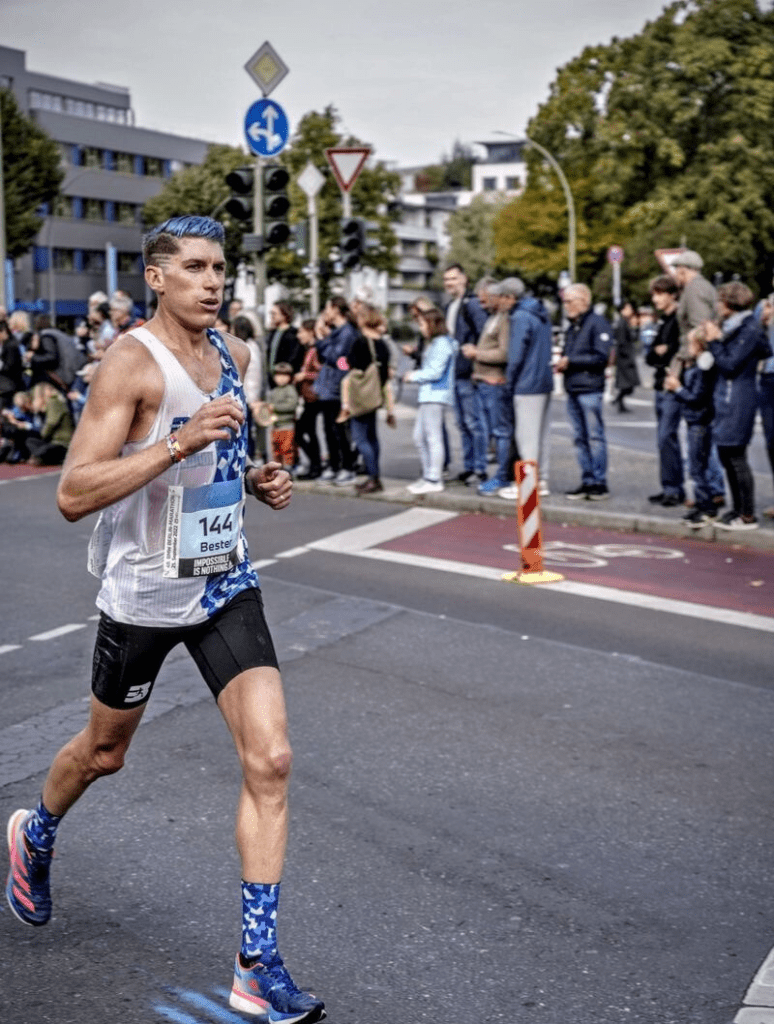Preparing for a marathon goes beyond just physical training; nutrition plays an equally critical role in achieving your optimal performance on race day. From what you eat in the days leading up to the marathon to your fueling strategy during the run, making informed dietary choices is essential for success.
We consulted Nick Bester, the founder of Best Athletics and the mind behind the adidas Manchester Marathon 2024 Training Plans, to highlight the do’s and don’ts of marathon nutrition. According to Nick, “As you taper down your running mileage, it becomes increasingly important to focus on your nutrition. Choosing the right foods at the right times can help you maximize your potential on the big day.”
Increasing Carbohydrates Gradually
To lay a solid nutritional foundation before the marathon, start boosting your carbohydrate intake gradually a few days in advance. Nick suggests a two-day ramp-up period but emphasizes that individual needs vary. Opt for slow-release carbs like sweet potatoes, whole wheat pasta, brown rice, and whole wheat bread, which provide sustained energy that your body can effectively store.
Strategizing Your Fueling
On the race day itself, it is more beneficial to consume small, frequent amounts of fuel rather than large servings that could lead to cramps. Nick advises planning when to re-fuel, suggesting intervals such as approximately 14k and 28k into the marathon. Gels, drink mixes, and solid foods should all be part of an integrated plan. Conserve more concentrated sugars for the final stretch to provide a much-needed boost in energy.
Hydration Matters
Adequate hydration is vital, starting as early as the days leading up to the marathon. Prior to race day, hydrate yourself by drinking plenty of water and incorporating electrolytes, particularly on the eve of the marathon. Depending on the weather conditions on race day, adjust your water intake accordingly by sipping regularly to maintain hydration throughout the event.
Stick to Familiar Foods
Stick to your regular dietary habits during the week leading up to the marathon; avoid introducing any new foods that you haven’t tested extensively before. Stick with a breakfast that you know fuels you best and utilize hydration and fueling techniques you have practiced previously. This minimizes the risk of gastrointestinal distress on race day.
Avoiding Unsuitable Foods
A common pitfall is indulging in junk food and thinking it might benefit your calorie count before the race. Nick warns against this approach; highly processed and sugary foods can lead to energy crashes, which are counterproductive to your marathon goals. Instead, reserve those guilty pleasures for after the race celebrations.
Managing Water Intake
Equally important is how you consume water. Avoid chugging large quantities at once, whether it’s the day before the marathon or the morning of the event. Instead, aim for regular sips to keep well hydrated while avoiding the discomfort of an overly full stomach. Remember, both dehydration and overhydration can negatively impact performance.
Prioritizing Nutrition
Long-distance running like a marathon places significant stress on your body. Proper nutrition leading up to the event can make all the difference in avoiding burnout. This includes planning for quality energy storage in the days prior to the race and ensuring that your nutrition strategy is in place ahead of time.
In conclusion, with the adidas Manchester Marathon 2024 approaching, embracing effective nutritional strategies is essential. So remember to trust your preparation, focus on what you consume, and enjoy the experience ahead. Best of luck to all participants!
